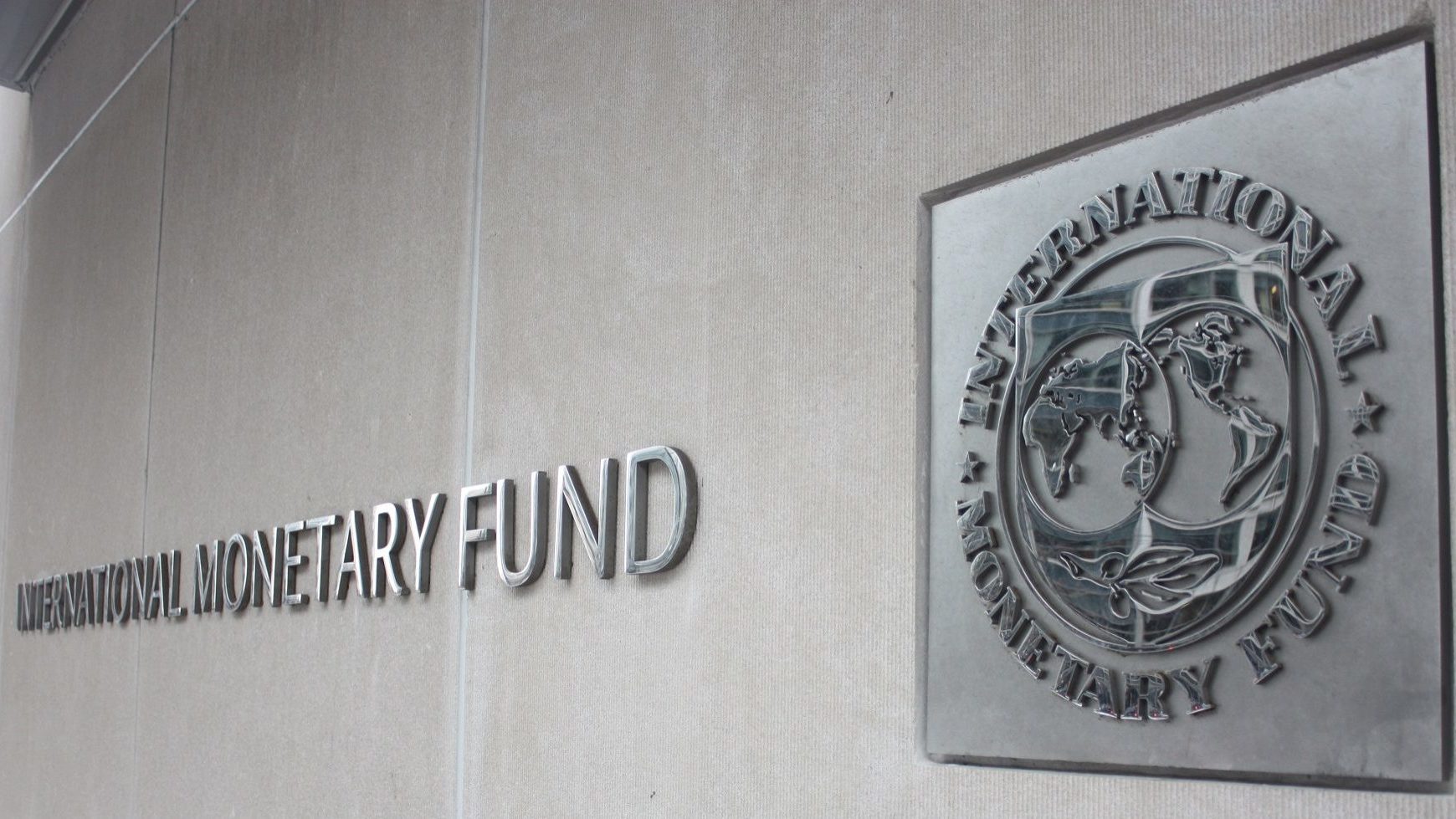Portugal’s non-financial sector indebtedness increases by €600 million
The country's non-financial sector indebtedness (general government, corporations and households) increased by €600 million in September, according to the Bank of Portugal.
The country’s non-financial sector indebtedness rose by €600 million in September compared to the previous month, to €764.5 billion, Bank of Portugal data showed. However, the debt ratio fell from 373.4% of GDP in the second quarter to 369.9% of GDP in the third quarter.
“In September, non-financial sector indebtedness (general government, corporations and households) increased by €0.6 billion compared to the previous month, to €764.5 billion,” the central bank reveals in the statistical information note released this Friday.
Public sector indebtedness (general government and public corporations) declined by €1.4 billion, driven by a reduction of external indebtedness. However, Private sector indebtedness (private corporations and households) increased by €2 billion, explained mainly by external indebtedness.
As a percentage of GDP, in the third quarter of 2021, non-financial sector indebtedness fell from 373.4% to 369.9% of GDP, “driven by the reduction in public sector indebtedness that declined from 170.6% to 167.0% of GDP,” the Bank of Portugal explained.
Private sector indebtedness was practically unchanged, having risen slightly from 202.8% to 202.9% of GDP.
According to the central bank, “compared to the second quarter of 2021, the reduction of 3.5 percentage points in non-financial sector indebtedness was mainly reflected in the decrease of the indebtedness to non-resident entities.”
In September, total indebtedness of private corporations grew by 1.8% year-on-year and the total households’ indebtedness rose by 3.1%, which is the highest rate of change since March 2009.


